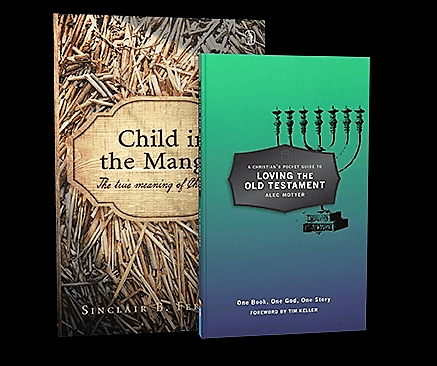November 25
The Humbling Doctrine of Election
For he says to Moses, 'I will have mercy on whom I have mercy, and I will have compassion on whom I have compassion.' - Romans 9:15
In these words the Lord in the plainest manner claims the right to give or to withhold His mercy according to His own sovereign will. As the prerogative of life and death is vested in the monarch, so the Judge of all the earth has a right to spare or condemn the guilty, as may seem best in His sight. Men by their sins have forfeited all claim upon God; they deserve to perish for their sins—and if they all do so, they have no ground for complaint. If the Lord steps in to save any, He may do so if the ends of justice are not thwarted; but if He judges it best to leave the condemned to suffer the righteous sentence, none may call Him to account.
All those discourses about the rights of men being placed on the same footing are foolish and impudent and ignorant; worse still are the arguments against discriminating grace, which are just the rebellions of proud human nature against God's rule. When we are brought to see our own utter ruin, and the justice of the divine verdict against sin, we no longer scoff at the truth that the Lord is not bound to save us; we do not murmur if He chooses to save others, as though He were doing us an injury, but feel that if He deigns to look upon us, it will be His own free act of undeserved goodness, for which we will forever bless His name.
How will those who are the subjects of divine election sufficiently adore the grace of God? They have no room for boasting, for sovereignty most effectually excludes it. The Lord's will alone is glorified, and the very notion of human merit is cast out to everlasting contempt. There is no more humbling doctrine in Scripture than that of election, none more deserving of gratitude, and consequently none more sanctifying. Believers should not be afraid of it but adoringly rejoice in it.
Family Bible reading plan
verse 1 Jonah 4
verse 2 Luke 9
Child in the Manger: The True Meaning of Christmas
The birth of Jesus divided history into two major epochs. Until the dawn of our hyper-sensitive age, even the way we dated events underscored this. From time immemorial, every day, week, month, and year has been described as either “B.C.” (“Before Christ”) or “A.D.” (Anno Domini, “in the year of our Lord”). Even the modern, pluralistic style abbreviations, B.C.E. (“Before the Common Era”) and C.E. (“Common Era”) cannot obliterate the indelible impress of Jesus birth. For what makes the “Common Era” so “common”? And what explains the dividing line date? The answer is the same: the birth of Jesus. At the very center of history stands the person of Jesus Christ. And He does so because He is at the center of God’s story.
Click here to learn more about Truth For Life
From Morning & Evening revised and edited by Alistair Begg copyright © 2003. Used by permission of Crossway Books, a publishing ministry of Good News Publishers, Wheaton, IL 60187, www.crossway.org.









